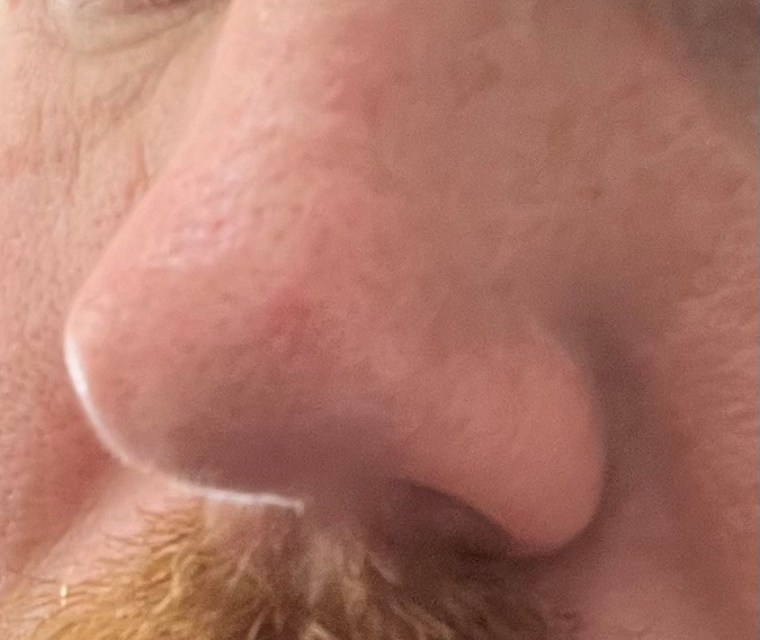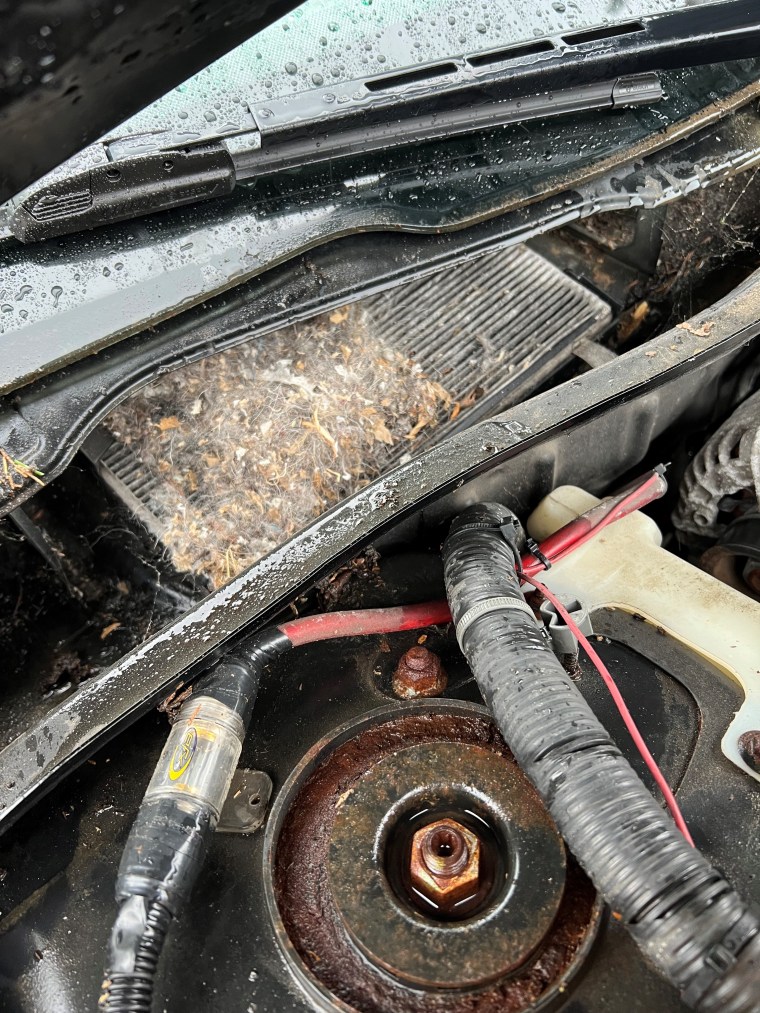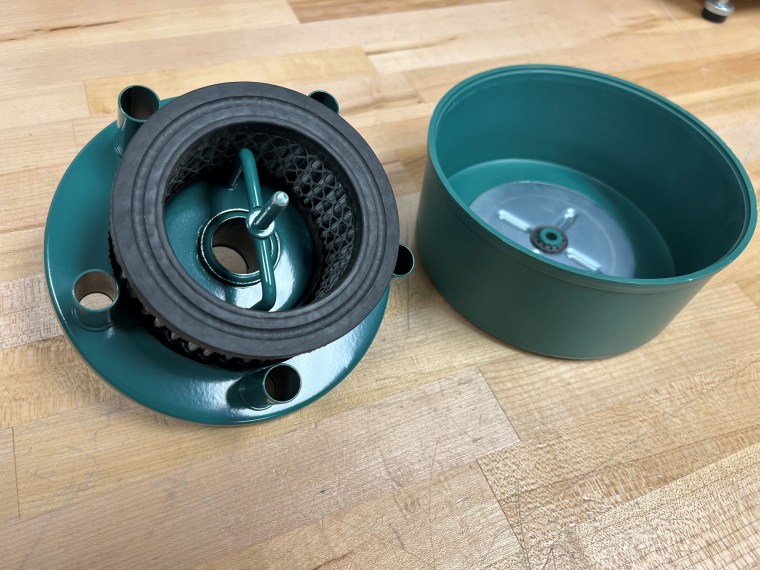
Take a nice deep breath as you read this. In through the nose. If you are like me right now, due to Fall allergies you’ll have a little bit of a restriction, hold it for just a second and then breathe out through the mouth. The body is an amazing thing, when we breathe in through our nose the body has some natural filtration built in that is also known as nose hair. While not the most attractive thing to most, it is important. The hairs in the nose help to filter out allergens and catch foreign debris.

Other items you interact with daily have similar air intake filtration. A car often has both an intake air filter and even an in-cabin air filter, these both protect various parts. The engine air filter is vital to prevent dust, debris and even excessive water from entering into the precision machined and assembled motor. The HVAC system in every business or home generally has an intake air filter in order to protect the coils and heater box.
There’s another system in most manufacturing facilities that should always have a filter on it, and that is the compressed air system. Properly maintaining and filtering the incoming ambient air feed before it is compressed starts the process of on the right foot to optimize performance and insure efficiency is maintained from the start of the entire process. These filters are like many others and can be part of a preventative maintenance program. The air compressor manufacturer will have a recommendation on frequency for the various types.

If these filters are left unchanged then the compressor begins to have restricted flow on the intake which then results in less air being pulled in or maybe the filter is removed and then the debris all gets pulled in and sent through to become foreign debris inside the compressor. Both of these will cause the compressor to wear or overheat and work harder to compress the air and send it into the storage tank. This results in premature maintenance needed on the compressors and or point of use devices.
Thus, always filter your incoming air. Whether for your air compressor, car engine, or house, start with a fresh intake and then keep it optimized from there. The payback will be longer lasting equipment that operates at a higher efficiency. And remember, breathe in through your nose.
If you would like to discuss your filtration setups, feel free to reach out to an Application Engineer.
Brian Farno
Application Engineer
BrianFarno@EXAIR.com
@EXAIR_BF